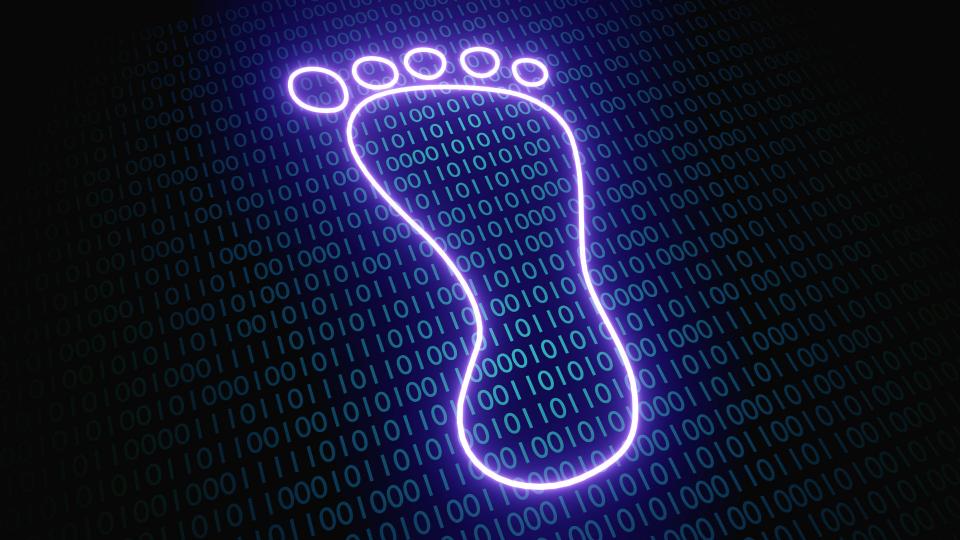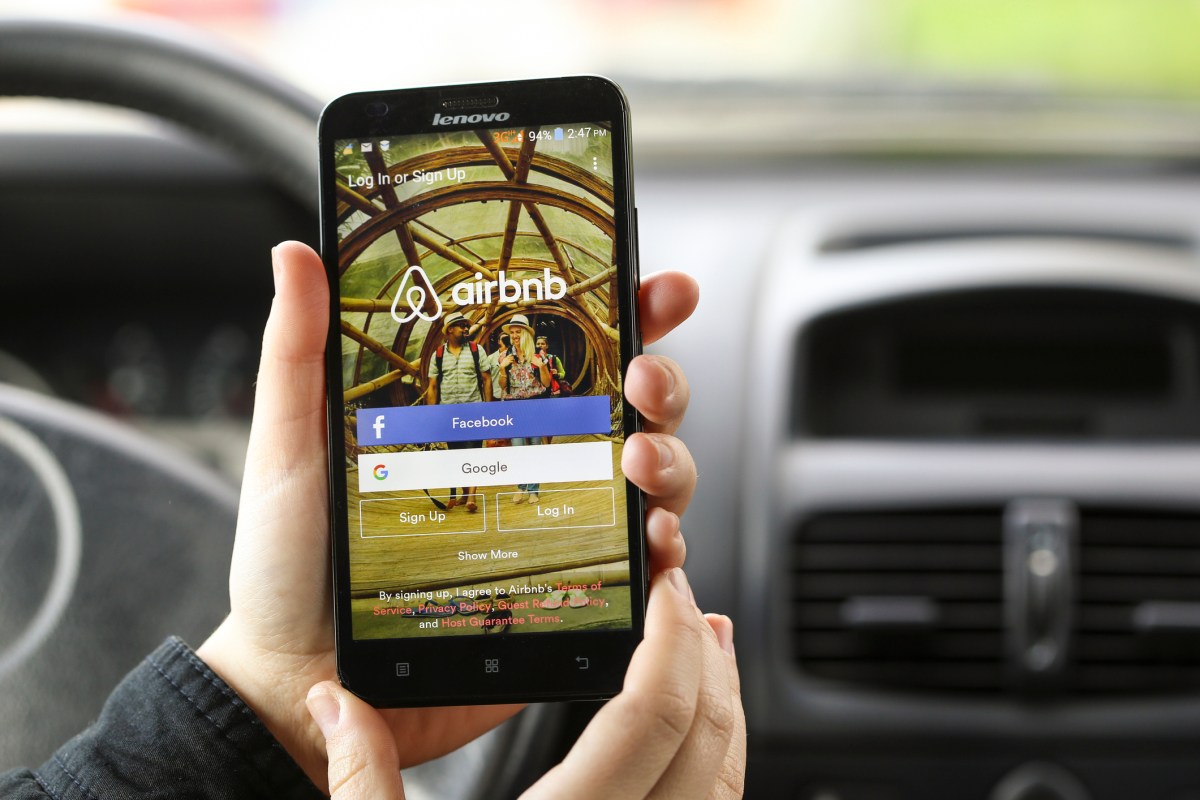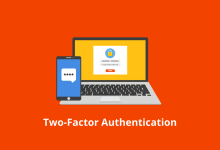No, you didn’t read that wrong and the title of today’s chat is not clickbait either!
Most of us adopt behaviors on the Internet, which help not only hackers, but everyone who somehow they want to take advantage of us Internet users.
Therefore, our purpose is to make you understand how this happens and how to prevent it from happening as much as possible.
What are digital footprints or traces?
Digital footprints are those corresponding to the footprints or traces of the physical world that allow one to follow a person at a distance without him knowing or a dog sniffing where someone has passed, but on the Internet and digital media.
Of course, the type of footprint or trail in the digital world is different, but it works just like its real-world counterpart.
Actually, it goes even further. This is because, depending on the case, the information that can be obtained is richer and more comprehensive than just indicating where you have been and thus following in your footsteps.
When you publish photos on your social networks and testimonials from your last vacation, or the show you watched over the weekend, or a restaurant you went to with your family, or your daughter’s graduation party, you may be giving information about places, family members, days and times, explicitly to countless people.
But it can also implicitly provide information about your habits, your standard of living, your football team, political and religious preferences, the people who are part of your social circles and even possible health issues.
All of this can be tracked by those who have connections and who are your followers on social networks. Sometimes also for whom you don’t even suspect. This type of footprint, which is left voluntarily and theoretically aware of what is being done, we call active digital footprints.
There are also the traces that you leave without knowing or even when you know, but believe which has a good reason, which is the case of cookies, registrations and filling out the most different forms on websites, in the searches you make on search engines and even when you click on the links of a post, a newsletter or an advertisement .
To be more precise, almost any click you make on a link, button, advertisement, or URL that you type in the browser, app that you install or use on your cell phone, leaves digital traces.
Yes, that shopping app, the map app that helps you get around the city, the one that gives the weather forecast, or even the one that helps you with your running or bike training, collect a lot of information about you and that constitute your digital footprints.
Those tracks that you don’t realize you are leaving and that are sometimes or often obtained even without their knowledge and consent, are called passive digital footprints.
What are the risks of digital footprints or traces?
By the analogy we made with your correspondent in the physical world, it is easy to deduce that it is possible to reconstruct the steps that were taken by you in the digital world.
Many are led to think that in In most cases, there is no reason to worry, after all, you are very selective about who you add on social networks and restrict privacy settings, preventing access by those who are not part of your social network.
But what about friends of friends? Are they all as careful as you are?
More than that, what if one of them has their account hijacked or hacked? Or the cloned cell phone? Or the desktop or notebook has malware? Or even if you configure everything with the maximum level of restriction, but the social network suffers from a data leak, as has already occurred?
This last possibility – data leakage – has been demonstrated every more frequent and the targets are companies of the most different segments of activity and sizes. It is not the privilege of small companies, those that invest less and have a lower level of access to technological development.
On the contrary. Many of the best-known cases are linked to some of the larger ones. They are precisely the main targets of hackers – in fact, crackers – as it is where they earn the most.
In more objective terms, in addition to the questions above, here are some of the possible consequences of leaving digital footprints, whether active or passive:
- The use of Artificial Intelligence, Machine Learning and Deep Learning has been increasing and it promises to be a path of no return and that, applied to the data set resulting from your digital tracks, allows you to have information about you that you did not give either actively or passively. In addition to the violation of privacy on the Internet, it can even affect your security in the digital world;
- It is true that many times Obtaining data through the traces you leave has a good purpose, even if it is at least from the point of view of who will use it and that is usually someone from the Marketing of a company. But just as a “well-meaning” marketing professional can track you, so can a hacker;
- No In the case of passive footprints, even under justification of use for Marketing, unfortunately there are still a large number of companies that have not adapted their websites to the LGPD and record cookies and use the data obtained without observing the law, which means that they share personal data without your consent, do not provide anonymization mechanisms, among other reprehensible practices or without the slightest ethical posture;
- Even if having advertising about what is only interesting, can be useful or less bothersome than what you would never be interested in, we often don’t want to have any. Also, in some cases it can even be embarrassing to repeatedly see some things being displayed constantly, just because you accidentally clicked on a banner or a link that was clickbait;
- Some types of information are particularly useful, as they provide subsidies for fraud and virtual scams, such as phishing, for example, if the cyber criminal knows which bank he has an account with or also to circumvent security challenges that are used in some services, such as “what is your pet’s name”;
- Apps that use the geolocation permission through the smartphone’s GPS, allow those who have access to information such as residence, location of work and places commonly frequented, with precision in the house of meters, which is a risk to physical security;
- The number of companies that check the social profiles of jobseekers and that in the case of active footprints, they can decisively influence the selection process, even when the set of hard skills are perfect and suitable for the position;
Therefore, through ignorance, good faith or negligence, we leave several traces that are a real help to hackers, cyber criminals and everyone who somehow wants to benefit.
How not to leave digital footprints?
Now that you are aware of what they are and some of the main consequences of leaving digital footprints, it is natural that you want to know what they are. what to do to not produce or delete them, when it has already happened, correct?
Before we list everything you have to do, it is important to point out that it will not always be possible not to leave traces , but that the following set of tips can greatly minimize the clues you leave while using the Internet.
The more of them you can adopt, the better!
1. Anonymous Browsing
All major browsers have the incognito or private browsing feature and that can help a lot in reducing footprints.
Basically what this browsing mode does is automatically remove any cookies that have been saved, browsing history and cache as soon as the browser is closed.
With this, your web browsing habits cannot be discovered.
However, this mode is not really completely anonymous. For the website accessed, it will still be possible to know your IP address and everything it reveals and that in some cases may not be much, but in others, it is all that is enough.
Suppose that you access a site in private mode in order to “hide” something and later do so, but in normal mode or if you log in (authentication). Automatically because the IP is the same or because you have authenticated, having used the anonymous browsing mode became ineffective for any masking that was intended by the site.
two. Use a VPN
The recommendation to use a VPN is not for everyone, because good services of this type are paid and can be expensive for most .
However, among other things, access through a VPN combined with other precautions, such as anonymous browsing, confer a high degree of anonymity, since not even the IP address from which access is known, as long as you do not log in / authenticate to the destination service, obviously.
Another advantage is that accesses through VPN increase security aspects.
3. Social Networks
Rest assured, we will not recommend that you abandon your social networks.
However, it is necessary to change some postures in relation to them:
- Be much more rigorous about what content (photos, videos, etc.) information make public. Think about what kinds of conclusions or other information they might produce, especially in people you don’t know but have ulterior motives. Never forget that even if friends of friends don’t have access, someone can share something of yours;
- Periodically review the privacy settings and get used to reading their privacy policies, as it is not uncommon for social networks to make changes that could affect how their content and data are protected from the prying eyes of third parties;
- Try to keep your privacy settings as strictly as possible, even if this makes some features more difficult to use or even unavailable. Security must always prevail over usability;
- Remember that the comments and posts you make on the pages of friends and relatives, may be public to everyone depending on the social network and its settings/policies. Therefore, it is essential to know this type of rule before interacting with your contacts’ accounts;
- Don’t get carried away by impulses. Think about everything that is published, if there is no risk of regretting it tomorrow or later;
- Avoid make the most of using Facebook to connect in apps, games, other websites. By doing so, you are authorizing the app, the game, the service to have and use your Facebook user data and therefore leaving active footprints for all of them. It’s more practical, it’s faster and it’s a lot more insecure too. Not to mention that any problem with Face, will affect everything in which it is used as a means of authentication;
4. Refuse cookies
As we mentioned, not every site is GDPR-compliant and, therefore, many still do not allow refusing the recording of cookies.
In those where it is possible, as soon as access is made and the message is displayed, click on the option to refuse all cookies. In those where it is not possible, prefer to use incognito mode.
Occasionally some features may not work or have limitations, but your privacy will be greater when doing so.
If for other reasons you had to accept or even forgot to refuse or use the private mode, when exiting, clear your browser cache, most of which allow you to selectively clear, that is, only from the last hour, or some longer time interval, without having to clear the entire cache.
5. Do not use public Wi-Fi
It is increasingly rare for commercial establishments that do not offer public Wi-Fi to its customers, as a gesture of courtesy.
However, a good part of this “kindness” and that many customers use, either to “save” their mobile data, or for reasons of greater speed, brings security and privacy issues.
It is not known how secure the network is, nor under what policies it operates, and many will collect your information. The list of possible problems can far exceed the few and possible advantages.
6. Free online services
For those who don’t know yet, there is no free lunch! That is, free online services do not exist either.
We do not live in a world where there are non-profit companies, whether in the physical world or online / digital.
The vast majority of services and websites on the Internet that supposedly offer something that is allegedly free, live from the exploitation of information that you eventually provide, either actively or passively.
In other words, the footprints you leave when using the service, whether viewing and clicking or not on banners, messages and even the way you use the service, can serve as a means of monetization.
If you have and uses a free e-mail service, have you noticed that some of the advertisements from the service’s “partners” that constantly appear on the interface are related to browsing habits, when the company providing the service is also the same one you use for searching and even with the contents of your messages?
It’s not chance or coincidence.
You don’t need Don’t leave an email account you’ve had for years and that all your friends know about, but start using a professional email account for certain matters and the most sensitive ones.
Reserve the free stuff only for what is irrelevant and amenities.
7. Your name on Google
You can search for your name on Google as well as other search engines and find out what is public about you on the net .
Depending on how you do the research and how the information about you exists, you may not find 100% of everything there is, but it’s a start, so you can request removal responsible for the respective sites.
It is also possible to use “Google Alerts” in order to know if any new occurrences appear.
8. Beware of software / apps
The number of apps – particularly for Android – that hide various security problems and important privacy violations from users.
Often the Play Store has removed harmful/malicious apps, some with tens of thousands of downloads.
The custom of installing apps, as many are “ free” and the process is simple and fast, makes users install them in droves, without considering the possible consequences. This is one of the main problems for smartphone users and it compromises cell phone security.
Always opt for those linked to well-known companies that are consolidated in the market.
)For users of notebooks and desktops, in which the Microsoft Store has very low rates of this type of problem, the alert is for the use of pirated software and that invariably has consequences related to privacy and security.
Regardless of the device and operating system used, it is important to note that free software or apps almost always have linked advertising, which is only removed through the paid version and this advertising commonly violates aspects of privacy and personal data.
Another advisable measure, still related to apps, is to pay attention to the types of permissions that are required, regardless of the origin of the app, such as the aforementioned geolocation, which allows you to literally track each step that you give in the physical world.
The Google ratings are a practical example of this. He knows better than your memory when and how long you’ve been in each place.
9. Change browser
According to the Statcounter service, in September 2022, Google Chrome has almost 66% of market share, which means that about 2 out of 3 people use it as their main browser to browse the Internet.
In addition to an oligopoly that is not at all beneficial in any area, the search giant’s browser has served interests of collecting the footprints of its users.
For some time now, security companies around the world have questioned the Manifest V3 and that it is the engine for the extensions, claiming that contrary to what they defend Google will not move towards more privacy for users, but greater control of information by the company.
One of the indications of this is that from its implementation, several AddOns whose role is block ads will stop working.
Switching to other browser alternatives to Chrome, where privacy has been privileged for years, is a something to consider.
10. Create a fake
Yes, create a fake profile.
Fictitious name and data associated with an e-mail account free mail, is a good alternative on sites where you eventually need to create an account, register, fill out a form, but you are not sure about its intentions, ethics and security.
In the event of any problem, whether due to negligence on the part of its administrators, or in bad faith, your data will not be at risk.
Conclusion
Digital footprints or traces are produced in almost any online action and can have consequences for users’ privacy and security.







